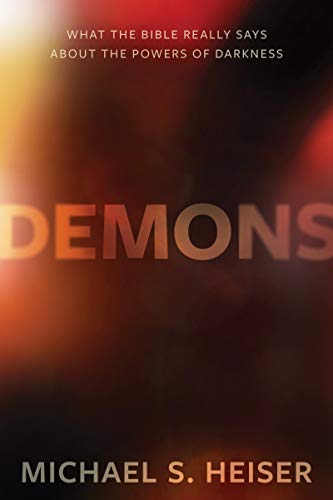BEN: O.K. so on p. 164 it seems to me that there must be a mistake— it reads “The notion that the OT does not include that God wanted the nations led astray is an inventive thought that makes God’s denunciation of the gods of the nations in Psalm 82.2-5 duplicitous.” Surely, it is his ultimately NOT wanting the nations led astray that would make his denunciation of the naughty angels in Ps. 82 who misled them understandable. It seems to me that this goes back to a misreading of the Babel story. There, God is preventing a greater human rebellion by confusing the languages. And the NT certainly does not suggest God deliberately wanted the ‘sons of God’ to mislead anyone into idolatry. That just doesn’t make any sense. The Babel story is yet another example, it seems to me that one needs hindsight to better read that text, a hindsight not always exhibited in texts which do not yet reflect a viable sense of the independence of secondary causes… i.e. the need to understand progressive revelation.
MiCHAEL: Correct – that’s a typo others have reported.
BEN: I would guess that the real surprise when one turns the page to the Gospels, if one knows the background material is that the holy land, supposedly the domain of Yahweh alone, seems to be infested with demons, at least in Galilee. Why is that?
MICHAEL: I think there are several things going on that the gospel writers want their readers to detect. There’s the cosmic-geographical implications of “Galilee of the Gentiles” (as though that turf has more of a demonic problem than anywhere else – I’m betting you can come up with a catchy “holier than thou” line as it pertains to geography than I could). But there are other strands, some of which I don’t get into in the book. There’s theological messaging that messianic rule extends beyond “Jewish” geography. It’s about deliverance of all peoples, not just Jews. I think there’s also a strand of “Josephite messiah” thinking there (cf. Mitchell, “Messiah ben Joseph: A Sacrifice of Atonement for Israel,” Review of Rabbinic Judaism 10:1 [2007]: 84), as Galilee was specifically associated with that expectation, and so conquest of the powers of darkness had to be demonstrated.













